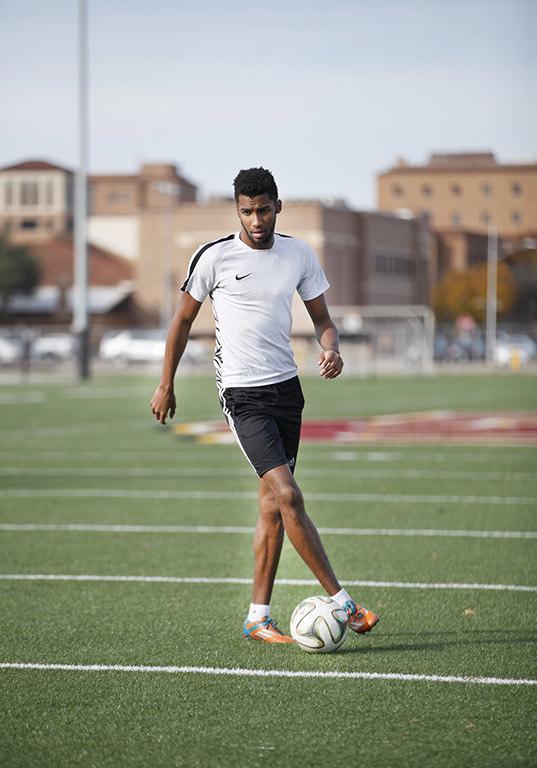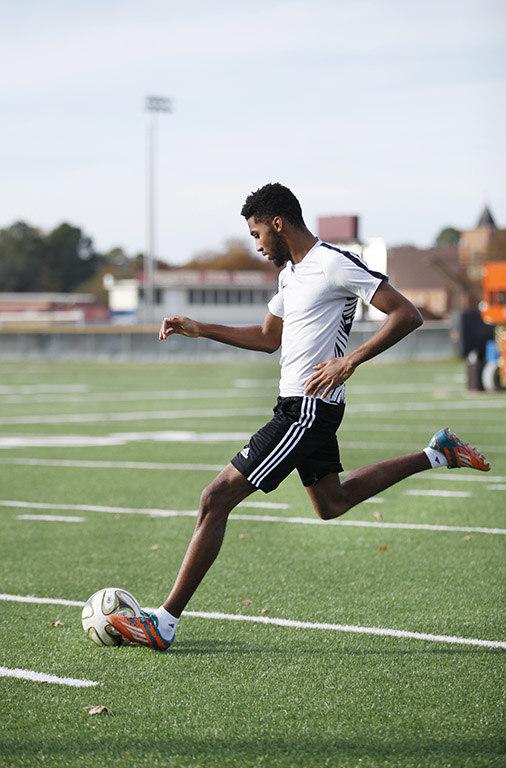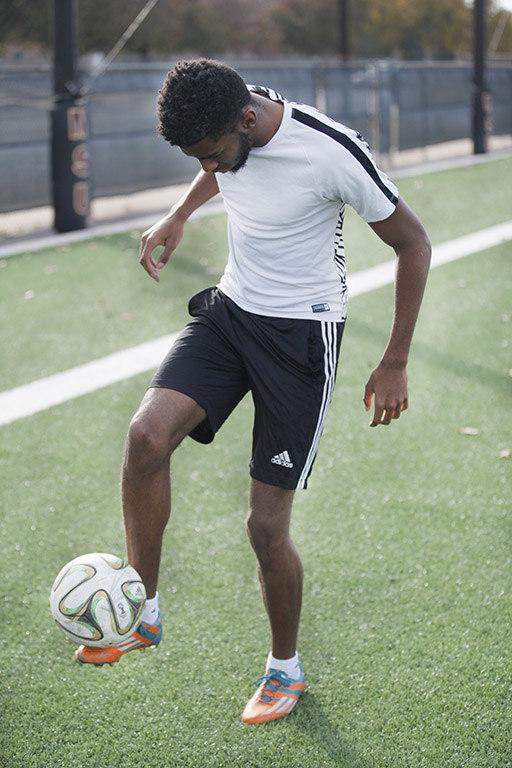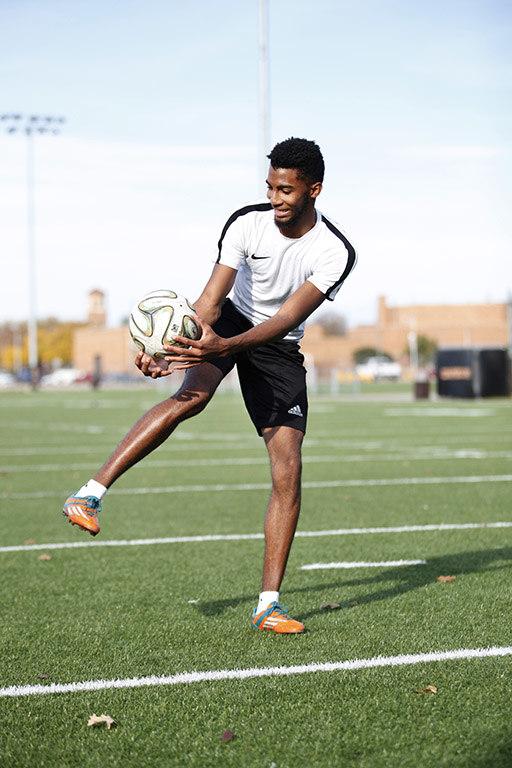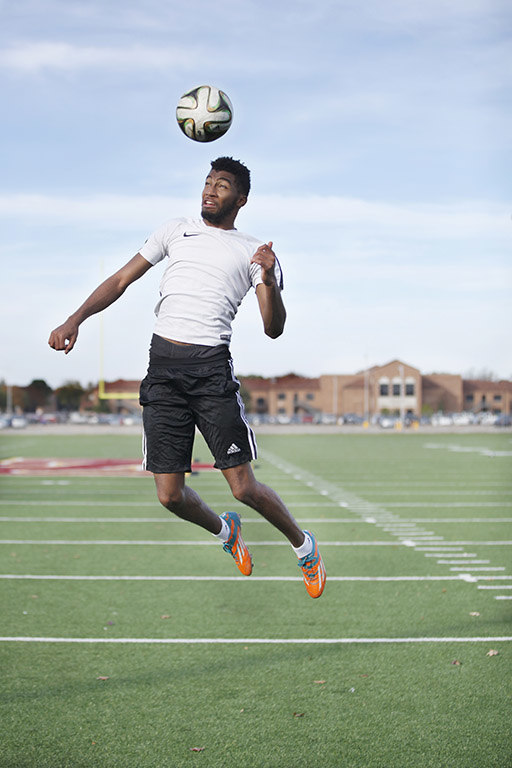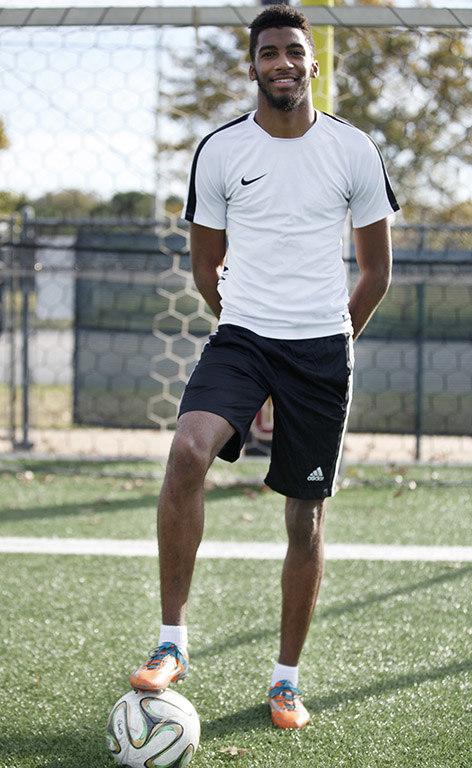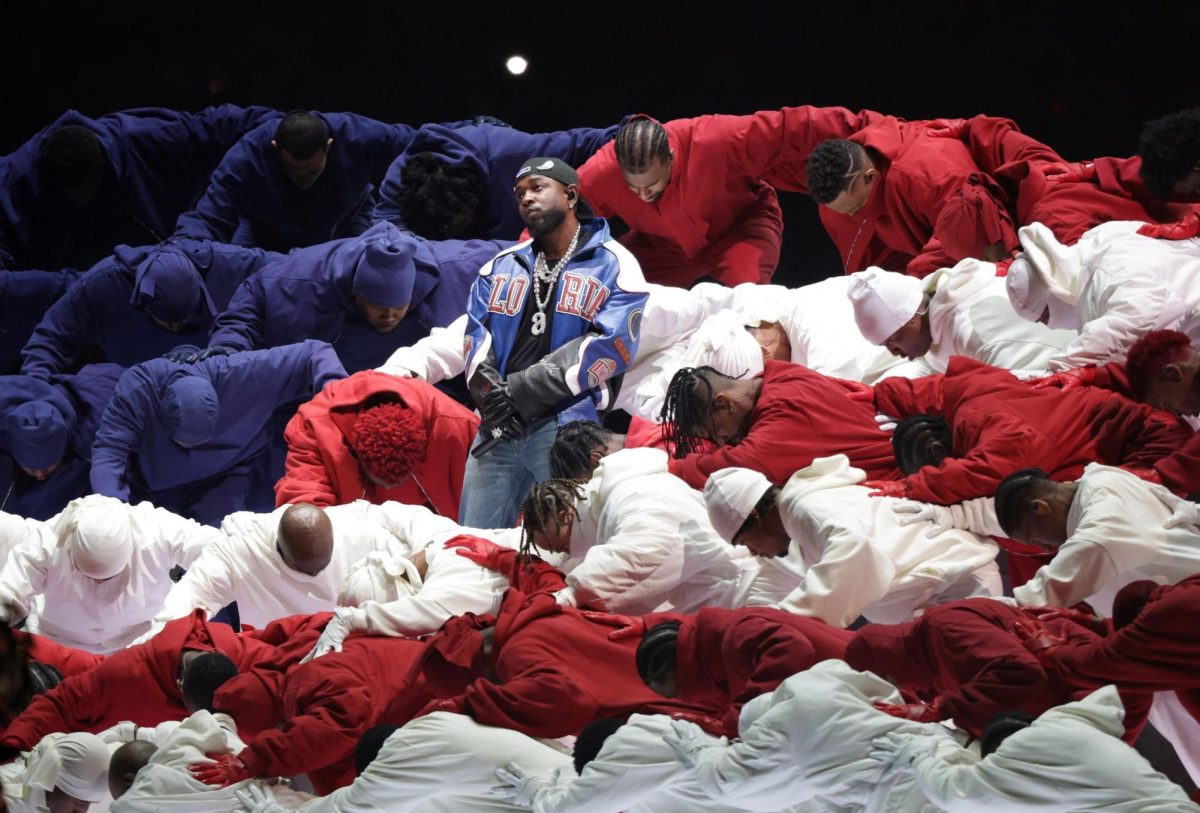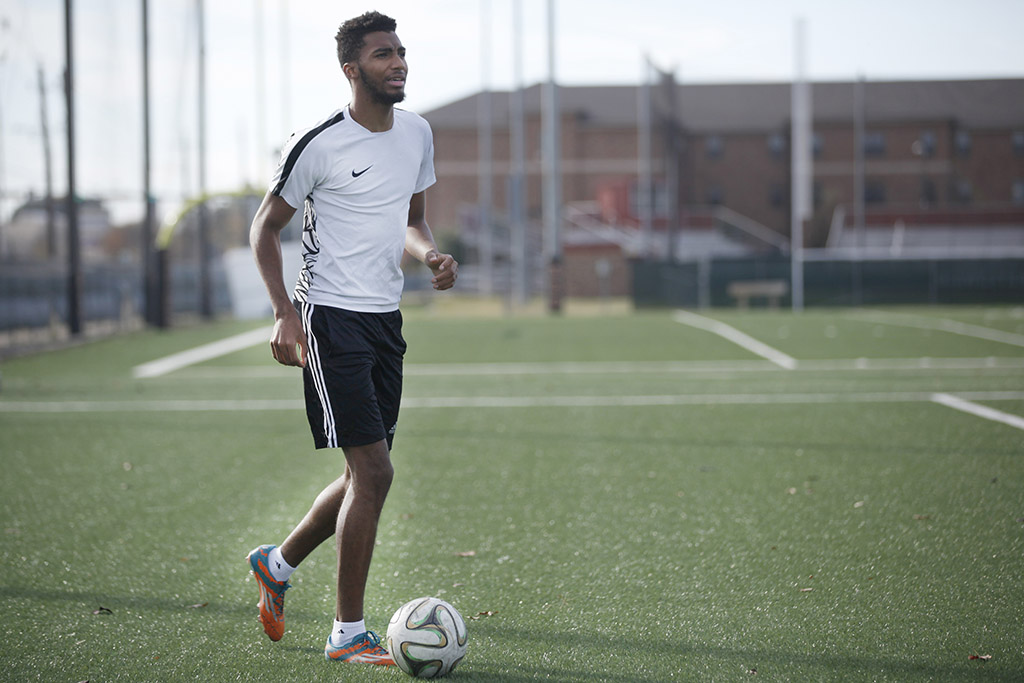
According to Forbes, crime in Atlanta, Georgia is 6% above the national median and has been a major problem for the city since the mid-20th century. Atlanta was the murder capital of the world for several years, but the crime rate has declined since 2001. In 2009, the crime rate dropped by 40 percent. According to the FBI, homicide fell by 57 percent, rape went down by 72 percent and violent crime overall was down to 55 percent. The crime that plagues Atlanta has changed throughout the history of the city. Always known for its high crime rates, this crime is centralized throughout most of the western and eastern neighborhoods, the most notorious neighborhoods being zones one to six.
This is where Justin Beasley, computer science junior, grew up.
“Besides all the crime and stuff, it was fun. Only certain parts of Atlanta are bad. I grew up in Zone 6, which is the most famous area of [crime in] Atlanta,” Beasley said.
After ranking in the top five highest violent crime cities for the past three decades, Atlanta ranked 31st in 2009 — but in 2015, 24/7 Wall Street ranked it 129th. To Beasley, those statistics are not accurate.
“There is no way we are ranked that low. I know it sounds bad to be, in a way, competing for the ‘murder capital of the world,’ but during my adolescent years, Atlanta’s crime had to have spiked even more,” Beasley said.
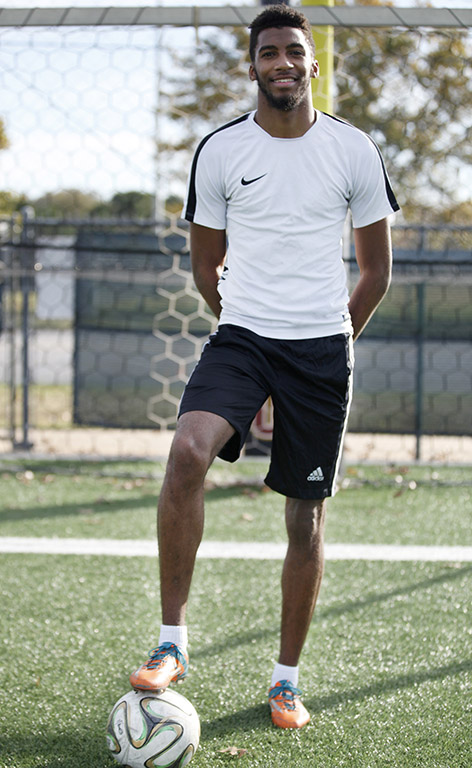
During the 1970s, like with many large cities within the United States, Atlanta’s population began to decline. By 1990, Atlanta had a population of 394,017, down almost 20 percent from its population in 1970. To make matters worse, the city center and surrounding areas began to go through an urban decay, which made crime spike significantly. Along with many other cities such as, Chicago and Detroit, Atlanta was hit by the crack drug epidemic. From the 80s to the late 90s, Atlanta was ranked the most dangerous city in the country by the Morgan Quitno Press.
Beasley wasn’t born yet during Atlanta’s rise as the murder capital of the world; however, Beasley’s parents grew up there and were right in the middle of it all. Knowing how tough the streets of Atlanta were, Beasley’s parents did their best to keep their son on the “better side” of town. They instilled morals and values that Beasley used to stay true to himself.
Beasley would not be another statistic.
“Some people I grew up with and still know to this day are still on the corner, still in the streets, but I can’t judge them for it. They’re family. Doing those things are their only way out,” Beasley said. “My true friends kept me out of that life. They saw I was interested in school and soccer, so they did their best to keep me away from [crime]. I never judged my friends for what they did or where they’re at, but for what they did for me.”
According to Beasley, one of the reasons Atlanta has so many homicides is because of the drug dealing.
The drug dealing situation in Atlanta is high because that is understood as the only way out. My best friend back home sells drugs because his family wasn’t fortunate enough to have the money or funds to help send him to college,” Beasley said.
A circumstance all too familiar, most kids who grow up in a circumstance not in their favor always believe the only way they can get a better life is by a picking up a mic, selling something they shouldn’t, or dribbling, kicking, throwing, catching, or hitting a ball. Beasley said it’s crazy that he almost was another Atlanta statistic, but ended up on the good side of fate.
“In high school me, and my best friend had the same grade point average. He worked a 9a.m. to 5p.m. job for a little bit, but it was not enough money for him to accomplish his goals or get into school, so he started selling drugs,” Beasley said.
Beasley’s friend also is a rapper. He believes rapping can give him the opportunity to make it out of Zone 6 and on to bigger and better things. Beasley chose a different route.
Beasley first fell in love with soccer when he was 17.
He wasn’t like other kids.
It wasn’t his first love. He wasn’t a young kid playing in the backyard. His first love was basketball and football. He grew up playing those sports, but lost love for them. Once Beasley started playing soccer, he didn’t want to stop.
“I was playing soccer 24/7 – I breathed, slept, ate soccer. It’s all I enjoyed,” Beasley said.
Beasley has only played soccer three or four years, but he isn’t at a disadvantage. With just three or four years under his belt, Beasley earned D1 and D2 offers. It only took one year of high school soccer for Beasley to earn his first D1 offer. Beasley ended up going to play for Alcorn State. Things went pretty well for Beasley, but then he was released from the team for being a unfit team captain.
“I was cursing out my teammates and I did a lot of things I was not proud of, but I don’t regret it. My actions taught me how to be a leader and how not to be a leader,” Beasley said.
Being from Zone 6 always had Beasley under a microscope.
“People just assumed I was a gangbanger or I would just fail at whatever I did because they expected my dreams to be unrealistic. Little did they know I wanted to play soccer and get a degree in computer science, so I can open up my own tech businesses. I am not a Atlanta statistic and the generations coming behind me do not have to be either,” Beasley said.
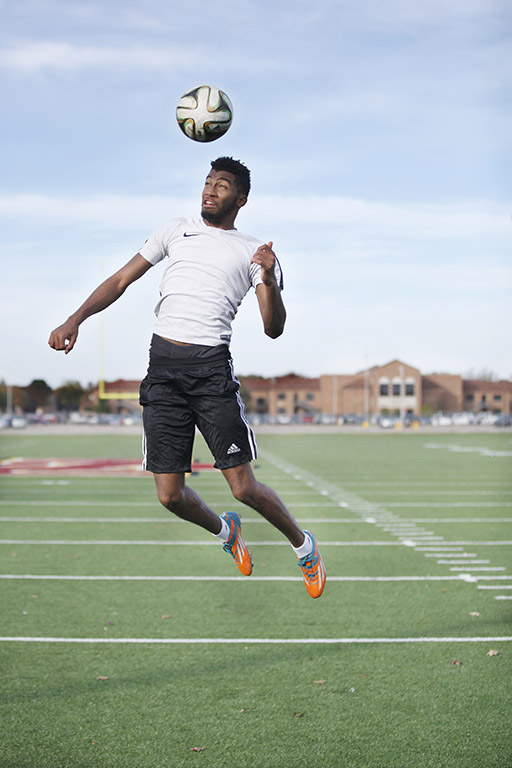
Many famous rappers are from the “Zones” in Atlanta. Future, Gucci Mane, 2 Chainz, and T.I. are just a few of the abundant amount of successful rappers. Zone 6 is located in East Atlanta. Some of the neighborhoods include Candler Park, East Lake, Glenwood Park, Grant Park, Old Fourth Ward, Kirkwood, Poncey – Highland, Sweet Auburn, Reynoldstown, and Virginia Highlands.
Beasley could have returned home and became involved with some of the people he knew and made some poor decisions, but instead he chose MSU.
“I called the coach and emailed him. Basically I was just asking for a chance. I put myself out there,” Beasley said.
Beasley is ecstatic about his upcoming tryout this spring for the soccer team.
“It’s funny. This is a D2 school, but the facilities here are better than my old school. Compared to my last school, it’s a step up, even though I stepped down as far as divisions are concerned,” Beasley said.
“It’s so small here. It basically slows things down for me. This is good because I will continue to perfect my craft and when my tryout in the spring comes around I will be ready,” Beasley said.
Beasley doesn’t plan on stopping there. His dream is to play for the new Major League Soccer team in Atlanta, where he can develop his game and get better. After that, he plans to one day play for a team in Spain. Beasley’s close friends, Gerardo Tenorio, business senior, and Danny Ponce, mechanical engineering senior both believe Beasley will fulfill his dreams.
“Justin likes to have a positive mindset all the time no matter if other people say it’s not possible to do something. Justin thinks it is if you just trust yourself to do it,” Tenorio said.
Ponce agreed with Tenorio that Beasley is a very dedicated soccer player.
” Justin also wakes up every Saturday and Sunday morning to go practice on his skills and then he runs. He is a really good technical player and he’s a great person on and off the field,” said Ponce.
As Beasley looks back at how far he’s come, all he can do is smile.
” I wasn’t even enjoying high school. Soccer motivated me to get good grades. I wouldn’t have graduated if not for soccer,” Beasley said.
Zone 6 is known for its drugs, rap and trap music, but hopefully it will be known for something else or someone else. Justin Beasley, the Zone 6 kid who chose a different path. The kid who plays soccer and plans to use it as his platform to show people God is in your life. The kid who plays soccer to show kids from Zone 6 that you don’t have to be a statistic. The kid who plays soccer to keep him focused and dedicated to his school work.
Beasley said, “Find your dream and work at your craft. No one will get you out, but you. I promise you your hardwork will pay off.”
Justin Beasley
